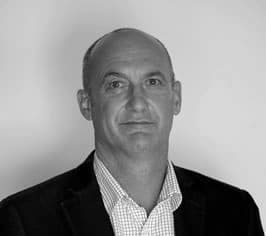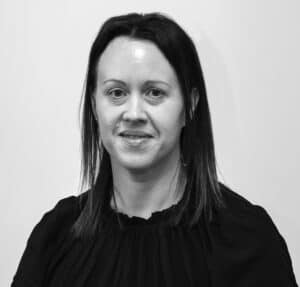News

Ease the transition
THIS BLOG IS BROUGHT TO YOU BY:
Article by Sam Jaquiery
Facing the loss of a key individual can present a set of challenges for families who may not be fully prepared. Regrettably, some farming families may underestimate the significance of planning for the future, assuming that things will naturally align. However, taking a proactive approach to future planning is essential for ensuring the sustainability of a farming business.
According to the team at CMK Chartered Accountants, beginning succession planning is one of the most valuable processes you can do for your loved ones and your farm business. They have been raising awareness and sharing their message at events with Dairy Women’s Network to help farmers start considering their options.
“There are many misconceptions about time, many believe it’s too difficult to manage and that they can simply wait until they pass away,” CMK Chartered Accountants managing director Andrew Darke explains.
“However, this outcome isn’t ideal for anyone and creates unnecessary stress.

“The best time to start succession planning is now, it’s an important part of a farming business and if it’s started early enough, the process is easier”
The team at CMK work with all types of farming businesses across New Zealand with succession advisory at the core. They know there is no one-size-fits-all approach and they want people to know there are a lot of options.
“There is no one scenario, for some businesses it could be diversifying and bringing non-farming family members into the business in different roles.
“It’s about determining what is a sustainable ongoing model for the farming operation, it has to work and meet compliance and regulation as well as provide that work-life balance.
“So when families start they need to be clear about what they want to achieve, then we can move forward with a plan.”
Darke is a huge advocate for engaging independent support to guide everyone through the process. And to meet in independent locations, away from the family home.
“You can’t have those conversations around the same family kitchen table where everyone falls back into the seat they sat at as a child.
“It needs to be somewhere independent so that if there are any uncomfortable conversations, you can still enjoy Christmas dinner at that table together“
He wants people to know there are many options, especially if the children or grandchildren are not keen to run the farm.
“We encourage people to think outside the box, it’s not limited to family members, there are a lot of opportunities for others to become involved.
“One success story we’ve had was a farm manager who wasn’t related to the family and progressed through sharemilking and into equity ownership.
“They had aligned values with the family and it was a great opportunity to maintain the business within the family but allow someone with the passion to be running it day to day.”
They also encounter many people who think the goal of farm ownership is unachievable due to the value of the asset, but there are a lot of ways it can be navigated, with family loans or how the business is structured. Communication is vital. There are no hard and fast rules about how it can play out but there needs to be clear communication throughout, and relationships are key.
“We use that old saying, blood is thicker than water but not as thick as money, the whole plan needs to be well thought out and well communicated to keep everyone on the same page.”

He has been through the succession process himself, being the third generation for a family farm, and CMK Associate, Sally Coombe is a fourth generation. She has been through succession planning with her parents and siblings so she has a great appreciation for the intricacies.
“Having first-hand experience I know what it is like and the biggest thing I can advocate for is that independent support,” Coombe says.
“Having someone who can support and guide everyone, without any bias, is key to success.”
When they work with families CMK starts by working out what they have initially to pass on and how financially viable is it. Then they work through their goals and play out scenarios before determining the action plan and putting steps in place.
“As well as being sustainable for the farm, it has to be sustainable for the people leaving, and the reality is if they don’t like each other they should stay out of the same paddock,” Darke says.
“And sometimes, despite the best intentions, it doesn’t go smoothly but having support is a risk mitigator.”
“We encourage our clients, and any farmers, to start the conversation early, understand their current position and seek professional advice.”
Contact CMK Chartered Accountants today take the first step towards a stronger, more resilient farming business.















